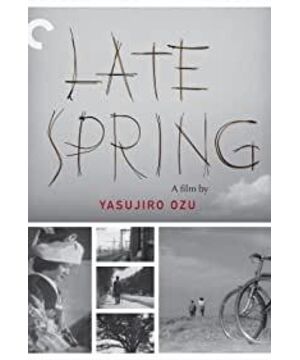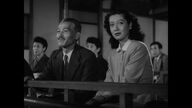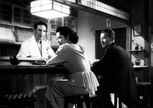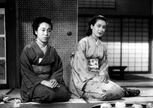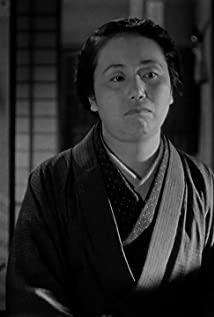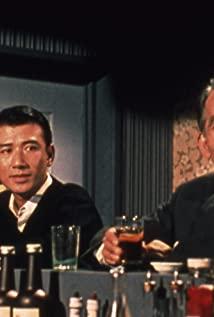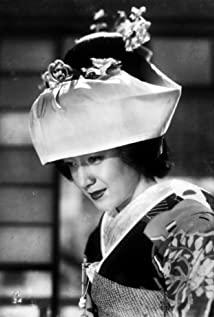The background is Japan after World War II. The protagonist Noriko is 27 years old. In my boudoir, I like to be with my father very much. The actor, when he smiles, really stretches his brows and eyes, which is very infectious. Professor Zeng Gong is Noriko's father, widowed at an early age, and is a kind and wise gentleman. The story is very "family" and can be roughly divided into: Noriko taking care of her father, Suspected Noriko Xinyue Hattori, Onodera's remarriage, Aya's life after divorce, refusing aunt's matchmaking, father's desire to remarry, father-daughter travel, father persuading Noriko to get married , a plot line in which the father sends his daughter to marry far away. The protagonist rejects "remarriage" very much, which I do not intend to discuss or even feel. All I can say is that I look at this situation very objectively. Regarding the discussion of "marriage and happiness", I think my father has great wisdom. Even if it is clear that his daughter is dependent on himself, and even satisfied with the status quo and has a sense of dependence on him, he said seriously during his trip to Kyoto, "Marriage is an order in life and human history. Marriage may not be happy at the beginning. Sudden happiness is a wrong idea, happiness is not something you have to wait for, it is yours to create, marriage does not equal happiness, happiness is a new life created by the newlyweds together.”
Father's love is like a mountain, is a common metaphor. I don't know what kind of vigor is called the embodiment of father's love. In the film, Professor Zeng Gong is always smiling. He is very concerned about Noriko's emotions, but he never pushes her. As a father, knowing that his daughter was worried about her personal life after living alone, she also claimed that she might remarry. At the end of the film, the father returned from his marriage, and the servants at home also got off work. He sat alone on a low chair and peeled an apple. The peel was good, but it suddenly broke. He bowed his head desolately and said nothing.
A few days ago, after my friend broke up, she told me that she was afraid of getting married, and she felt that she should look for it and pay attention, so as not to fail to marry. I don't understand how the heroine feels when her aunt is urging her to go on a blind date. Just thinking of her father repeatedly asking Noriko, "Did you agree to get married? Is this against your intention?", indeed, it was wrong to expect sudden happiness.
So I think it's a good movie--especially in these vague and anxious times, where "the boss fell in love with me" hilariousness is everywhere. Friends who want to get married, or who think they are unfortunate, can check it out.
View more about Late Spring reviews


